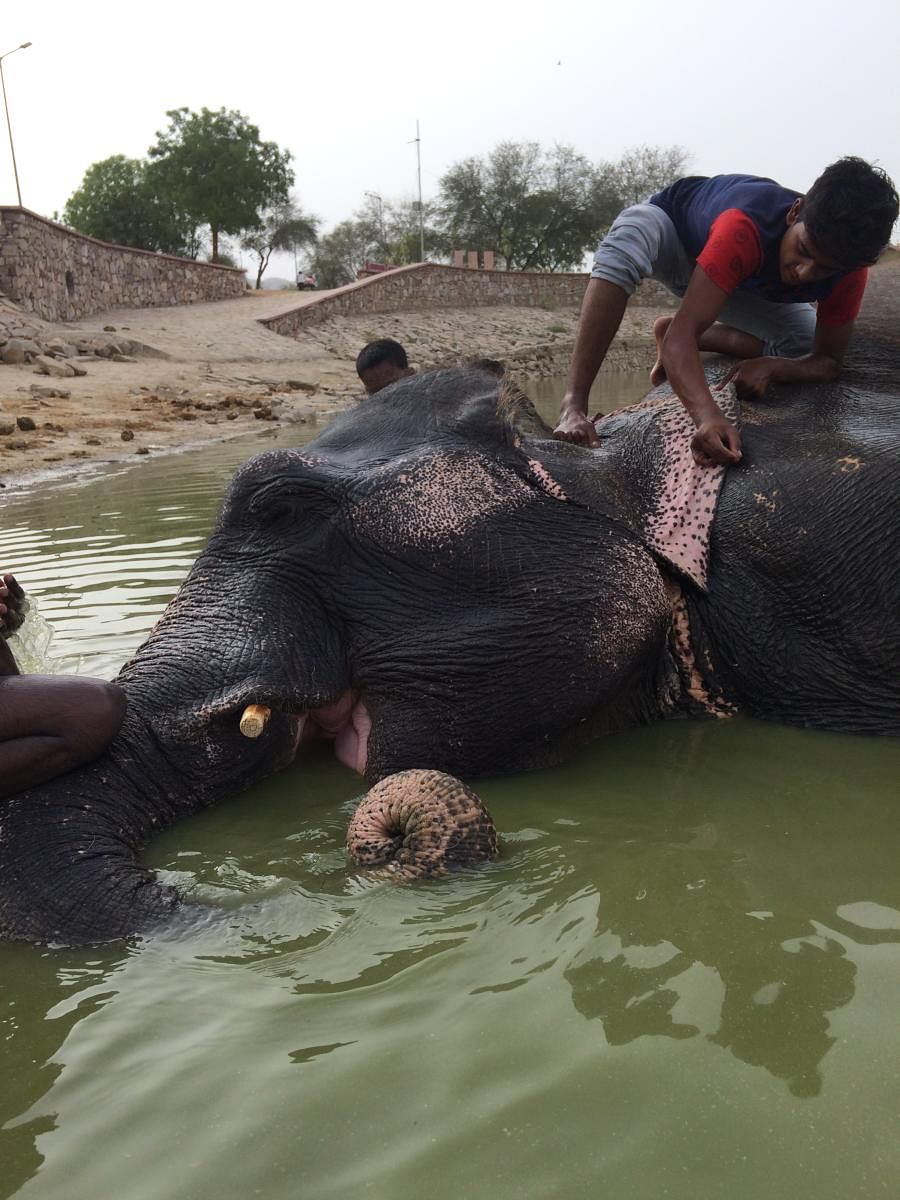It’s a dark, dark world - from tiger skins to leopard skins, rhino horns, elephant tusks and live animals like parakeets, sand boa, fish, pangolins, the wildlife trade in India covers almost all the animals.
“It’s an international racket, the demand is very high,” said an official of the Maharashtra police.
he police forces across the country collaborate with specialised agencies like Central Bureau of Investigation, Wildlife Crime Control Bureau (WCCB), Ministry of Environment, Forest and Climate Change, and wildlife and forest departments of the state, besides NGOs like TRAFFIC. India is exposed to wildlife crime and the United Nations Environment Programme (UNEP), too, has acknowledged this fact.
The illegal wildlife trade is driving species all over the globe to the brink of extinction. In India, the trade is expanding rapidly, driven by demand for rare species—headed for the pet market—as well as for species believed to have medicinal properties.
The main consumer markets are China and Southeast Asia, but wildlife—alive or as body parts—is also smuggled to the Gulf, Europe and Northern America. Beyond India, the main transit countries are Nepal, Bangladesh, Bhutan, Sri Lanka and Myanmar, the UNEP report states.
Indian wildlife species and products commonly smuggled out of the country are tiger and leopard skins, their bones and other body parts, rhino horns, ivory, turtles and tortoises, sea horses, snake venom, mongoose hair, snake skins, tokay gecko, sea cucumber, chiru fleece, musk pods, bear bile, medicinal plants, red sanders timber and caged birds.
The report points out that the country is only 2.4 per cent of world’s land area, but contributes about 8 per cent of known global wildlife, including over 45,000 species of plants and 91,000 species of animals.
Online trafficking
In 2017, WCCB undertook Operation Wildnet to draw the attention of enforcement agencies within the country to focus their attention on the ever-increasing illegal wildlife trade over the internet using social media and other online platforms.
Various online trade platforms were asked by WCCB to provide details vis-a-vis posting illegal wildlife articles online to curb this menace.
Dr Samuel Wasser, a conservation biologist at the University of Washington, considered the Sherlock Holmes of wildlife trade, said that the only way to counter this is intelligence-led forensic science.
He said that the complex networks that allow illegal wildlife trade to operate at this scale have seriously impacted the ability of law enforcement agencies to combat these crimes.
“The illegal trade in wildlife is the fourth largest global illegal trade after arms, narcotics and human trafficking. It has serious implications for India’s internal security as well as our ecological security. It would be prudent for our government to allocate protection budgets in keeping with the immense value of the biodiversity we lose each year to this pernicious trade,” says veteran conservationist Bittu Sahgal.
